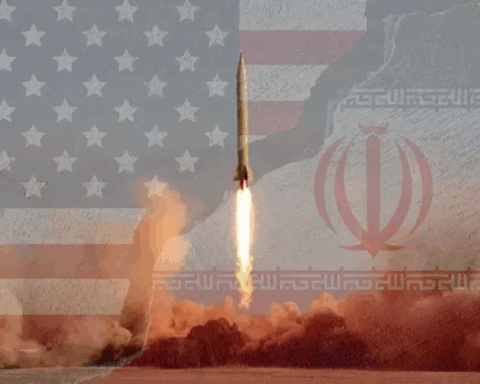Unpacking the Real Motives Behind Washington’s Yemen Pivot
When U.S. President Donald Trump declared, “The Houthis have said they no longer want to fight. We’ll respect that and stop bombing them,” it sounded like a rare moment of de-escalation. But beneath the surface of this seemingly peaceful message lies a complex web of political motives, regional power plays, and electoral strategies.
1. Peace Declaration or Campaign Messaging?
Trump’s announcement came at a politically convenient time. With an eye on re-election, Trump had been portraying himself as a dealmaker and peacemaker—willing to negotiate with North Korea, advocating troop withdrawals from Afghanistan, and calling for an end to “endless wars.” Declaring peace with the Houthis fits neatly into that narrative, even if the ground realities tell a different story.
2. A Message to Iran Disguised as Diplomacy?
The Houthis are widely recognized as an Iranian-aligned force in the region. Under Trump’s “maximum pressure” campaign, Iran has been isolated diplomatically and economically. Yet direct confrontation has proven risky and ineffective. A pivot away from Yemen may be a subtle signal to Tehran that Washington is recalibrating—possibly to focus on more strategic theaters or open a new backchannel.
Trump’s mention of a “very reliable source” providing this information adds intrigue. This vague reference could point to intermediaries like Oman or the UAE, nations known for quiet diplomacy in the region.
3. Surrender or Strategic Repositioning by the Houthis?
Trump’s use of the phrase “they surrendered” appears overly simplistic and perhaps even misleading. The Houthis retain strong military capabilities and remain active in controlling key territories in northern Yemen. They’ve also demonstrated the ability to disrupt international shipping through Red Sea attacks.
In this light, the statement should be read not as a report of capitulation, but as a maneuver in a broader negotiation. The Houthis may be signaling a pause—not an end—while awaiting the next shift in regional dynamics.
4. Securing Trade Routes: A Signal to Global Markets
Yemen is not just a domestic conflict; it’s a geopolitical fault line situated along one of the world’s most critical shipping lanes—Bab el-Mandeb. Disruptions here affect global oil prices and commercial logistics from Asia to Europe. By stating that the Houthis “will no longer blow up ships,” Trump was likely also speaking to global markets, offering a sense of restored security for trade routes.
Conclusion: Not the Language of Peace, but the Language of Power
While Trump’s remarks were framed as a peace initiative, they serve multiple layers of geopolitical messaging:
-
A domestic campaign narrative of peace and leadership,
-
A regional recalibration of U.S. strategy vis-à-vis Iran,
-
A de-escalation of U.S. military engagement in Yemen,
-
And a reassurance to international trade partners.
In essence, this was less a message of peace and more a calculated gesture within the great game of regional power balances.
Sources Consulted:
-
Reuters, Al Jazeera English, Foreign Policy
-
Chatham House Reports on Yemen
-
White House Archives (Trump Administration)
-
UNCTAD reports on maritime trade routes
link: https://www.konuyorum.com
- Trump’s Houthi Statement: Peace Offering or Strategic Retreat? - May 6, 2025
- Turkey’s New Path: London or Washington? - May 6, 2025
- Opinion | The Pentagon’s Star Trim: A Bold Move or Bureaucratic Theater? - May 6, 2025








